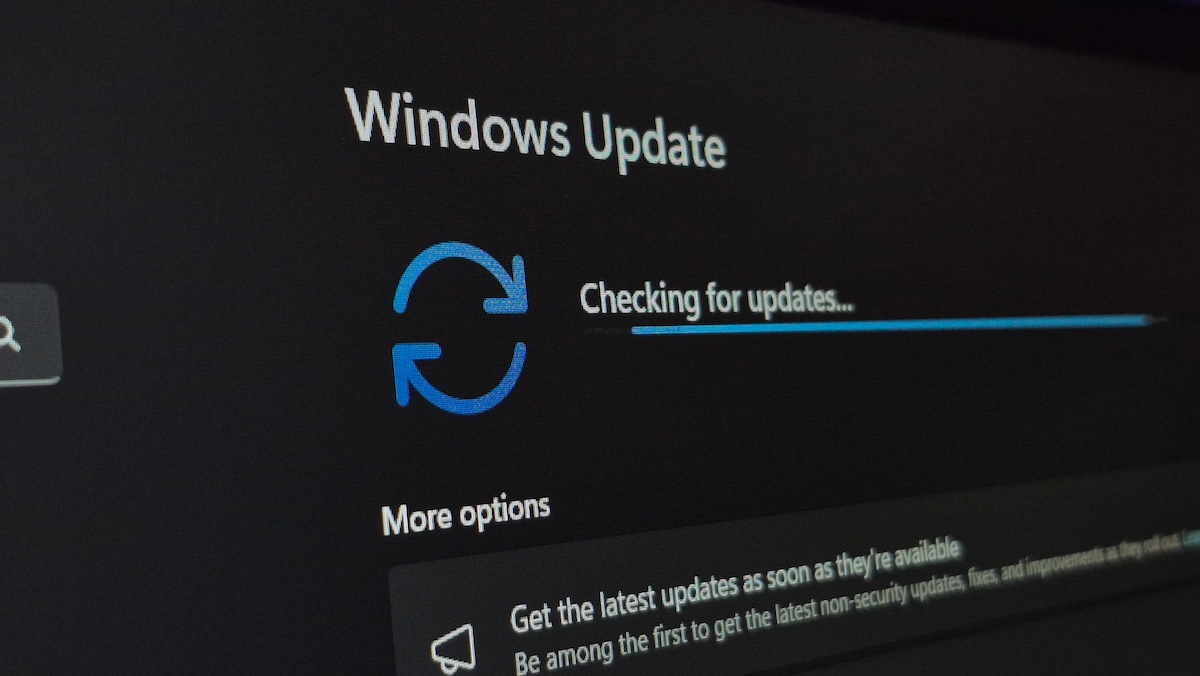When people think about cyberattacks, they often imagine complicated hacks or advanced malware. In many cases, all a cybercriminal really needs is one stolen password. Once that password gets out, it frequently ends up on the dark web, where it can be sold, traded, or used to launch even bigger attacks. Understanding what happens to stolen passwords on the dark web is essential to protecting your business. Here’s what you need to know.
What is the dark web?
The dark web is a hidden part of the internet you can’t reach through everyday browsers like Chrome or Safari. It requires special software, such as Tor, to access. While the deep web contains harmless content, such as private databases and logins, the dark web is different. It’s intentionally concealed and built to offer anonymity, which is why it has become a hotspot for illegal activity, including the buying and selling of stolen data.
For cybercriminals, the dark web serves as a digital marketplace where they can anonymously exchange passwords, credit card numbers, and other sensitive information, such as Social Security numbers, email lists, bank logins, medical records, and even entire identity profiles. This anonymity also makes it easier to trade company credentials, private data, and network access.
It’s not all criminal activity. There are legitimate uses for the dark web as well. Journalists, activists, and whistleblowers use it to communicate safely in countries where surveillance and censorship are concerns. Even with these lawful uses in mind, the dark web remains a hidden marketplace that fuels cyberattacks with stolen data.
How Passwords End Up on the Dark Web
Stolen passwords get there primarily through three methods:
Phishing Attacks
Cybercriminals trick users into entering their login information on fake websites or clicking harmful links.
Data Breaches
When a company is hacked, stolen email addresses and passwords are often packaged and sold on the dark web.
Malware
Keyloggers and other malicious software can capture passwords directly from a user’s device and pass them to attackers.
Once stolen, these passwords don’t just disappear. They become profitable commodities that will be sold to criminals on the dark web.
What Cybercriminals Do With Stolen Passwords
They Sell Them
Stolen passwords are frequently sold in bulk. Criminals buy these lists to attack other businesses or break into additional accounts. Prices vary by data type, but corporate login credentials are among the most valuable.
They Share or Trade Them
Even if your password isn’t bought, it may still circulate. Criminals often trade stolen data among themselves, making exposure even more widespread.
They Use Them for Credential Stuffing
Cybercriminals know many people reuse passwords across multiple accounts. Using automated tools, they run stolen passwords across dozens of websites simultaneously, hoping to gain access to banking, email, or business systems.
They Launch Bigger Attacks
A single compromised login can give attackers the access they need to:
- Steal company data
- Deploy ransomware
- Access financial accounts
- Impersonate employees
- Move deeper into your network
Why Businesses Should Be Concerned
A stolen password can cause major damage for small and medium-sized businesses. Cybercriminals don’t need to hack your network if they can log in. The dark web makes this even easier by giving attackers access to massive collections of stolen credentials. A single employee’s password found on the dark web can lead to:
- Data breaches
- Financial loss
- Operational downtime
- Loss of customer trust
- Compliance violations
This is why password security can’t be ignored. There are a few simple ways to protect your business from exposure of its passwords on the dark web.
- Use multi-factor authentication (MFA): Even if a password is stolen, MFA blocks attackers from logging in.
- Require strong, unique passwords: Password managers help employees avoid reusing passwords across multiple accounts.
- Provide security awareness training: Teaching employees how to spot phishing scams can stop many password theft attempts before they happen.
The dark web plays a major role in how stolen passwords are used, sold, and traded. Once your credentials end up there, they can circulate for years, creating ongoing risks for your business. The good news is that a few proactive steps can dramatically reduce your exposure.
At GSD Technologies, we help businesses strengthen their defenses so stolen passwords never become the entry point for a major cyberattack. If you’re unsure whether your information is already on the dark web, we’re here to help you find out and take action.
Share



